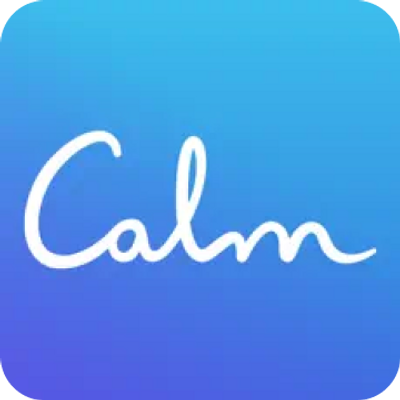Understand the basics of anxiety
Also in this topic:
We can feel anxiety when we’re worried, tense or afraid of situations, things or specific events.
Anxiety is our body and mind’s natural reaction to stressful, scary or unfamiliar situations. We tend to feel this response through our thoughts, feelings and even physical sensations.
Watch this video to learn more about anxiety.
Why do we feel anxious?
It might feel uncomfortable, but anxiety can actually be a helpful human response.
Anxiety is our body’s in-built mechanism for keeping us safe. It helps our mind and body perform more effectively in stressful situations.
When we feel threatened, anxiety triggers changes in our body and mind.
The fight, flight or freeze response
Anxiety can help protect us from danger. When we feel threatened, our body triggers physiological changes. This is often referred to as the ‘fight, flight or freeze response’. It’s a built-in defence mechanism and it happens automatically in our bodies.
Hormones like cortisol and adrenaline are released, which can:
- Make us more alert
- Make our hearts beat faster, which increases oxygen flow to our muscles so we can respond more quickly
- Reduce our perception of pain, so we can focus on the danger we are facing.
When we feel the threat has passed, our body will slowly return to its natural state.
For example, healthy levels of anxiety before public speaking can help us ensure we’ve properly prepared and rehearsed, and that we’re mentally alert to answer any questions.
When is anxiety a problem?
Anxiety can be normal and helpful when it’s related to a particular event or situation. However, if the anxiety you feel is overwhelming, sticks around after the event or situation has passed, or gets in the way of your daily life, you might be experiencing a mental health problem.
Anxiety might be a problem if:
- Your feelings of anxiety are very strong or last a long time
- Your fears or worries are bigger than the stressor itself
- You avoid situations that might cause you to feel anxious
- Your worries feel very distressing or are hard to control
- Your anxiety continues after the stressor has passed
- You find it hard to live your life to the fullest or do things you enjoy.
Anxiety is treatable, and many techniques and strategies have been proven to help, both with feeling better in the moment when anxiety arises, and as long term strategies to minimise anxious thoughts and feelings.
How common is anxiety?
If you are experiencing anxiety, you are not alone.
Anxiety is the most common mental health condition in Australia, with 1 in 4 people (one in three women, and one in five men) experiencing anxiety at some stage in their life. With the right treatment, recovery is possible for everyone.
“If I had known how many people suffered from the same thing and found the same things I did, I would have definitely gotten help sooner.”
Download our anxiety factsheet.





